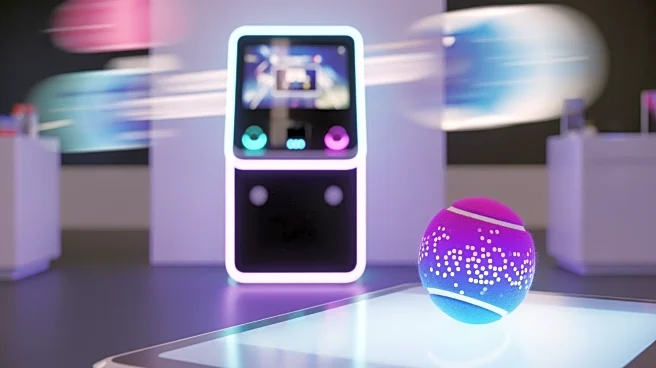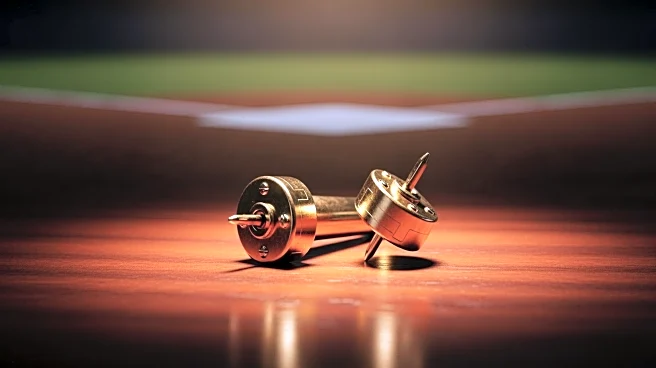What's Happening?
Recent research published in the Food and Chemical Toxicology journal has revealed the presence of microplastics in teabags from several popular Turkish brands. The study examined green, sage, linden,
and chamomile teas, finding microplastic fibers in all samples. This discovery follows previous findings of microplastics in black tea, indicating that even herbal teas are not exempt from contamination. The microplastics originate from the plastic materials used in many teabags, which leach into the beverage during brewing.
Why It's Important?
The presence of microplastics in teabags is a significant health concern. Microplastics, which are tiny plastic fragments less than 5 millimeters long, are pervasive in the environment, found in air, oceans, soil, and food sources. Humans and animals ingest and inhale these particles, which have been detected in blood, saliva, liver, kidneys, and placenta. According to Harvard Medicine magazine, microplastics are linked to increased risks of heart disease, kidney disease, Alzheimer's, and fertility issues, although research on their health effects is still developing. The study highlights the need for consumers to consider alternatives like loose-leaf tea or plastic-free teabags to reduce exposure.
What's Next?
To mitigate the risks associated with microplastics in tea, consumers are encouraged to switch to loose-leaf tea or use plastic-free teabags. Brands such as Pukka, Clipper, and 365 offer options that are either plastic-free or plant-based. However, consumers should be cautious of greenwashing, as some companies may use bioplastics, which are less harmful but not entirely plastic-free. Using loose-leaf tea also offers the benefit of composting the leaves, reducing landfill waste.









